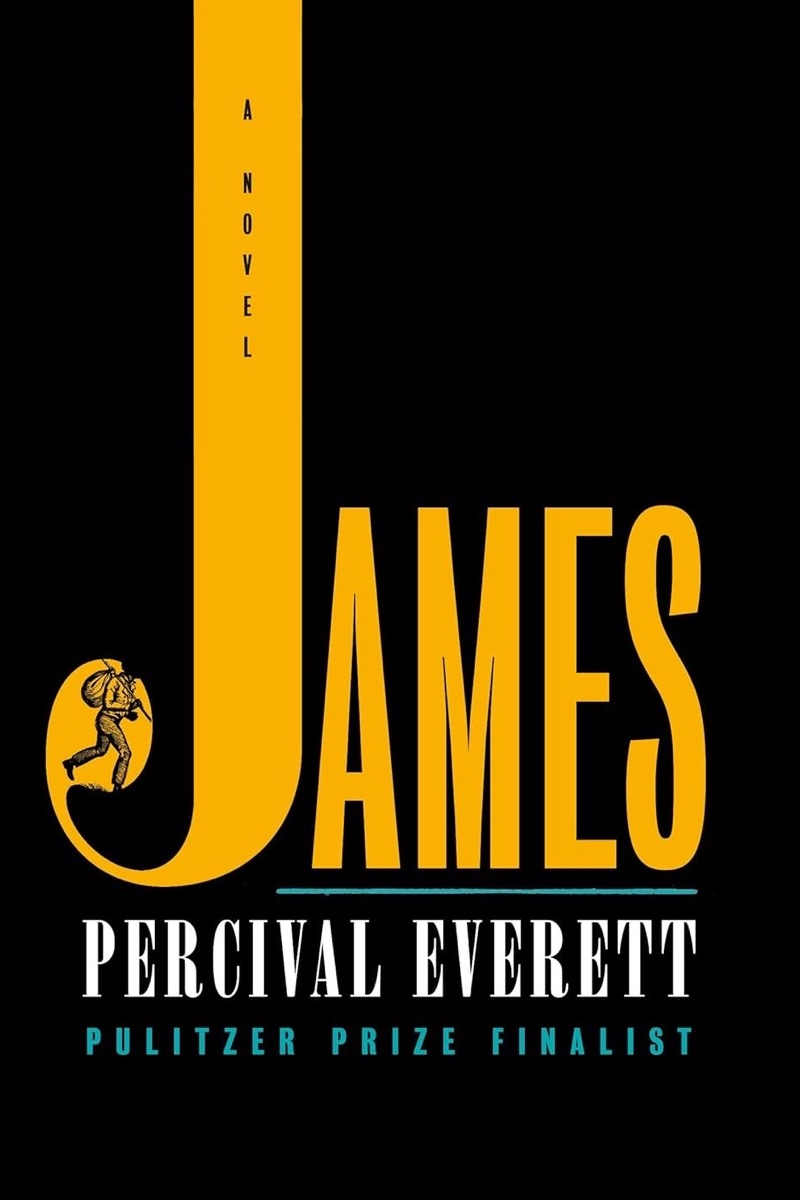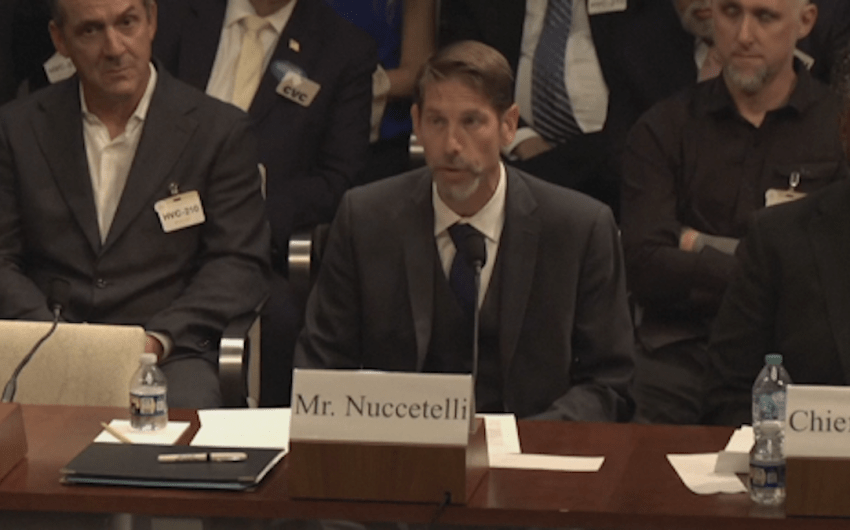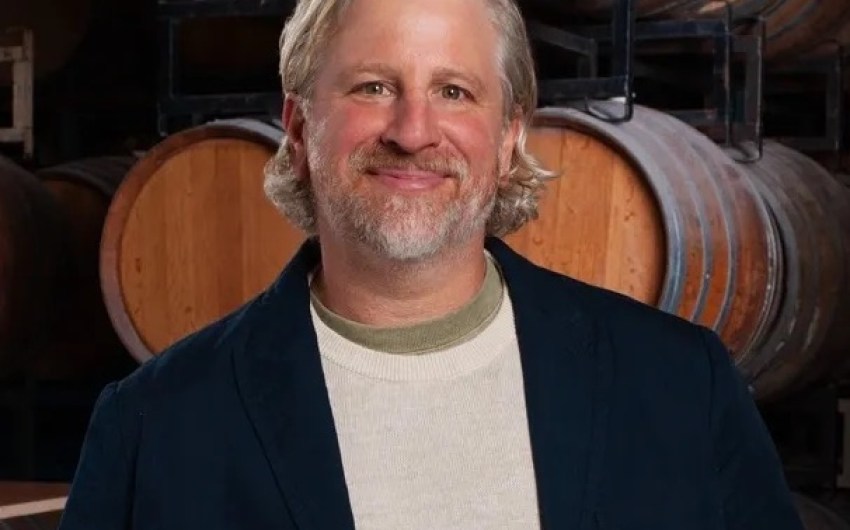If you were going to choose an author to rewrite The Adventures of Huckleberry Finn from the point of view of Jim/James, it would be difficult to find a better candidate for the job than Percival Everett, the dexterous master of multiple genres whose bitter satire Erasure became the outstanding film American Fiction. Everett’s reframing of Mark Twain’s novel involves a radical perspective shift, creatively filling in narrative gaps along the way, but for the most part it follows the structure of the original. The endings, however, couldn’t be more different.
Huckleberry Finn has been the center of a long argument about what we should read today and what sins by the authors of yesteryear should be forgiven. The book is infamous for its profligate use of the N-word, and there are those who would throw it out entirely for its portrayal of African Americans. Others feel that Twain’s depiction of Jim is remarkably sympathetic, particularly for a white man from Missouri writing in the late 19th century. While Everett clearly believes that Twain’s Jim does not receive his due as a full and complex human being — why else rewrite the book? — Everett just as clearly admires his predecessor. “His humor and humanity affected me long before I became a writer,” Everett notes in the acknowledgements. “Heaven for the climate; hell for my long-awaited lunch with Mark Twain.”
One of the most striking conceits of the book is that enslaved people speak what was once called “Standard English” in a version much superior to most of the white characters. Indeed, the enslaved must take lessons in how to speak in dialect. In one early scene, James teaches the children of Hannibal, Missouri, how to translate their thoughts into the speech whites expect from them. James says:
“You’re walking down the street and you see that Mrs. Holiday’s kitchen is on fire. She’s standing in her yard, her back to her house, unaware. How do you tell her?”
“Fire, fire,” January said.
“Direct. And that’s almost correct,” I said.
The youngest of them, lean and tall five-year-old Rachel, said, “Lawdy missum! Looky dere.”
“Perfect,” I said. “Why is that correct?”
Lizzie raised her hand. “Because we must let the whites be the ones who name the trouble.”
On those few occasions when James reveals his ability to code-switch with such deftness, his white auditors practically fall down in shock.
When Huck and Jim are separated in The Adventures of Huckleberry Finn, Jim essentially disappears from the story, but in James, which is written in the first person, Huck vanishes from our radar and Everett is free to invent a number of harrowing adventures for his protagonist. One mind-bending segment has James pretending to be a white man pretending to be a Black man so that he can sing tenor in a minstrel show. In these episodes, the brutal racism of the antebellum South is never far from James’s mind, even as Everett does his best to remain true to the comedy that is so important to Twain’s novel.
But the stakes for Huck and James are just too different for James to ever move with the air of lighthearted absurdity often found in the original. If Huck is caught, he will simply be sent home to Hannibal. If Jim is captured, he will be tortured horribly before he is savagely murdered. Thus, Twain’s farcical and lengthy ending involving Tom Sawyer must go. In its place, Everett concocts a finale that would not be out of place in Django Unchained. Granted, the final chapters feel rushed, with a great deal of action happening over the course of relatively few pages, but they do achieve their own kinetic energy.
One of the most anguishing aspects of the novel is the power of slavery not only utterly to disempower the enslaved, but in some instances to convince them that their situation is not entirely miserable. The resulting betrayals haunt James as he tirelessly works on a plan to free his wife and daughter. Yet the protagonist is never less than certain of his own worth and humanity. The transition from Jim to James is a profound one, and when a white man asks him to state his last name, the book’s hero replies: “Just James.”
This review originally appeared in the California Review of Books.










